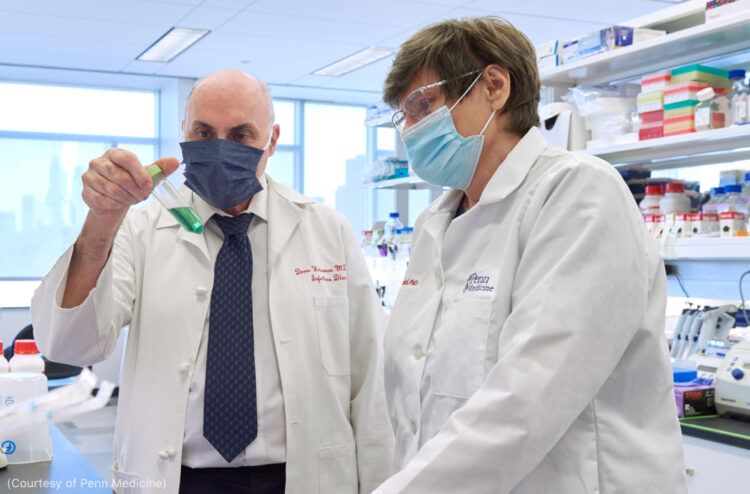By Aaron Miller-
A recent report from the Pew Research Center indicates that public trust in scientists has continued to decline in 2023, even as the prominence of COVID-19 diminishes in the public consciousness.
The findings reveal a shift from 77% confidence in scientists’ actions in 2022 to 73% last month, marking a significant drop from the peak of 87% in April 2020 at the onset of the pandemic.
The survey, conducted from late September to early October, reveals that the share of Americans expressing a “great deal” of confidence in scientists has steadily decreased, falling from 39% in April 2020 to 23% in October 2023. Furthermore, those with little or no confidence in scientists have risen from 12% in April 2020 to 27% currently.
Republicans, in particular, have seen a notable decline in trust in scientists, with nearly 4 in 10 expressing little to no confidence in their ability to act in the public’s best interest.
This reflects a substantial increase from the 14% of Republicans who held similar views in April 2020. Democrats, while experiencing a slight shift, maintain a higher level of confidence in scientists compared to their Republican counterparts.
The overall disparity in partisan views on scientists remains more pronounced than pre-pandemic levels, highlighting the enduring impact of the COVID-19 era on public perception.
Nearly 40% of Republicans said that they had little or no confidence in scientists to act in the public’s best interest — up from the 14% of Republicans who held that belief in April 2020 or at the start of the pandemic.
Likewise, less than half of Republicans believe that science has a “mostly positive” effect on society, down from 70% in 2019.
Confidence in scientists also dipped among Democratic respondents: The share of Democrats with a “great deal” of confidence in scientists has dropped to 37%, down from a record high of 55% in November 2020.
However, over 8 in 10 Democrats still expressed “at least a fair amount” of confidence in scientists to act in the public’s best interest. Similarly, nearly 70% of Democrats continue to believe that science has a “mostly positive” effect on society.
The trust gap between Democrats and Republicans, Pew’s Kennedy said, already existed before 2020. But since then, it has widened.
For Republicans, trust in science decreased within the first few months of the pandemic. Among Democrats, strong trust in science increased to all-time highs during the early periods of the pandemic but has decreased in the years since.
“The pandemic … really lit a fire because everything became so politically charged,” Wallace said. “The whole concept of the lockdown and people being forced into their homes and their liberty being taken away — different mindsets about how to deal with the pandemic just became so politicized.”
Education levels also split respondents’ perspectives toward scientists: 80% of college graduates had at least a “fair amount” of confidence in scientists compared with 69% of those with some or no college education.
“The people that aren’t trusting science maybe just don’t understand it,” Wallace said. “It’s easier for those people to believe narratives because Covid science is not easy.”
Despite the decline in trust, scientists still rank among the more trusted professions, alongside medical scientists and the military. Journalists, business leaders, and elected officials, on the other hand, occupy the three lowest positions in the trust hierarchy.
It’s noteworthy that trust in all professions included in the survey has witnessed a decline since early 2020. The report underscores the need for ongoing efforts to rebuild public confidence in scientific endeavors, irrespective of the evolving nature of public health challenges.
While scientists continue to be among the more trusted professionals, the findings emphasize the importance of ongoing efforts to engage with the public, address concerns, and maintain transparency to rebuild and strengthen trust in the scientific community.
The shifts in public perception underscore the need for scientists and institutions to effectively communicate their work, ensuring the public remains well-informed and confident in the face of evolving challenges.




